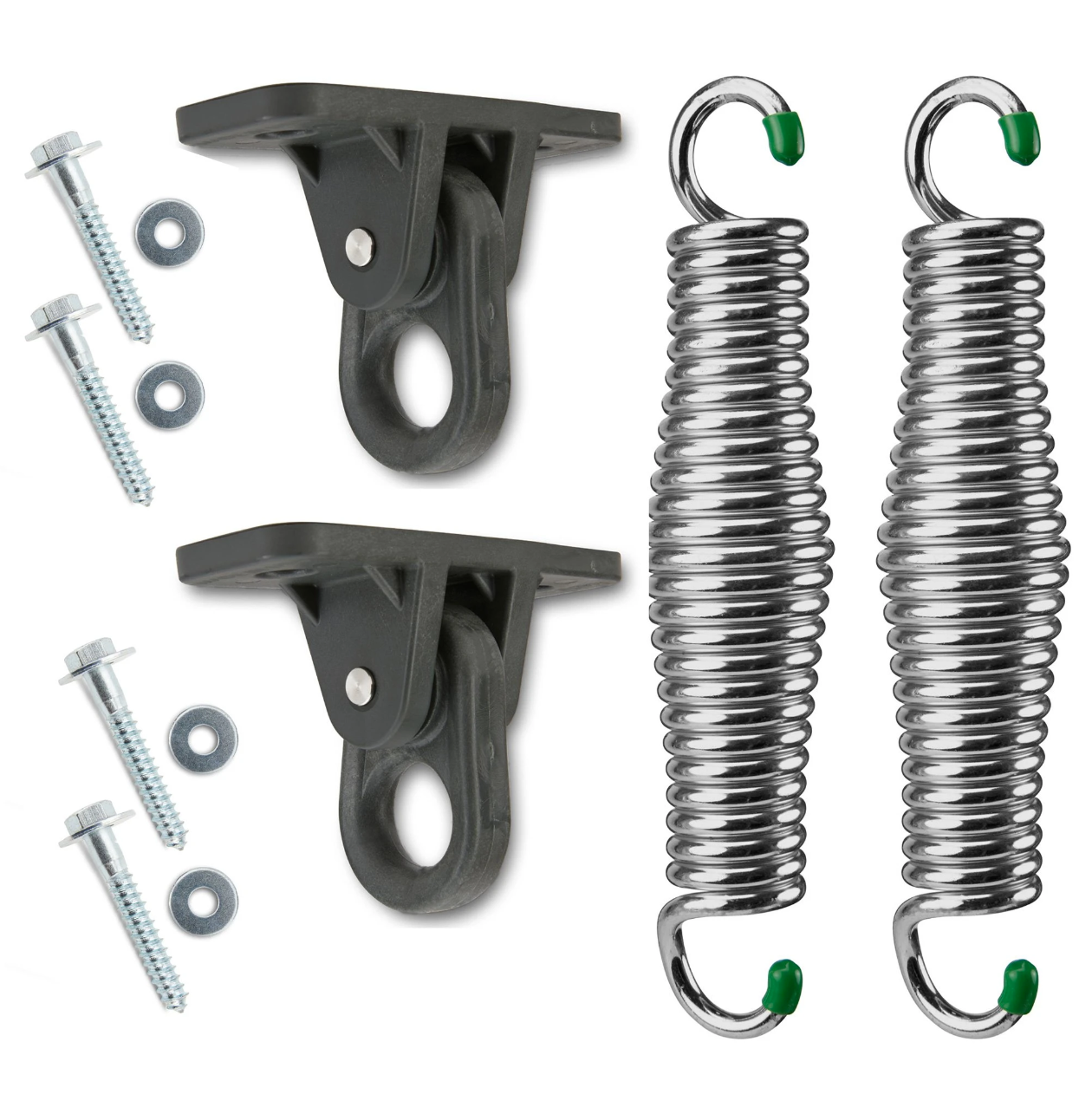Your Cart is Empty
FREE SHIPPING ON EVERY ORDER
Menu

FREE SHIPPING ON EVERY ORDER
Swings
Benches
Tables & Chairs
Home & Garden
A Clear Path to Selling Your House Quickly
Selling a home can feel like stepping into unfamiliar territory. The process involves a mix of timing, preparation, and decision-making that can greatly influence how fast a sale happens. Many homeowners face uncertainty about when to list, how to attract attention, and what steps will yield the best outcome. A well-structured plan can turn the experience from overwhelming to efficient, leading to a quick and satisfying sale. By focusing on key strategies that build trust and appeal to the right audience, sellers can create momentum that moves their property off the market faster.

Finding the Right Buyer
The search for a suitable buyer often begins with understanding the range of options available. Traditional listings attract individual buyers who may be looking for a personal residence, yet they often require time to secure financing and may negotiate heavily on price. Another avenue involves reaching out to professional buyers, such as investors or direct purchase firms. In some cases, contacting a house buying company can bring faster offers and smoother transactions, especially for sellers seeking convenience and speed. The right buyer should align with your timeline and expectations while offering a fair value. Taking the time to evaluate credentials, past reviews, and purchase history helps identify genuine interest and reduces the risk of delays.
Preparing Your Property for a Quick Sale
A house that looks well cared for draws more attention and gives potential buyers confidence. Start by focusing on the exterior, since first impressions form quickly when someone approaches a property. Clean driveways, trimmed hedges, and a fresh coat of paint on the front door can immediately lift its appearance. Inside, simplicity tends to attract the broadest audience. Decluttering each room allows buyers to picture themselves living there. Clean windows, bright lighting, and neutral colors help spaces feel open and inviting. Small repairs such as fixing leaky faucets, tightening door handles, or replacing outdated light fixtures can influence how buyers perceive value. A polished home invites faster offers and can sometimes increase the final price.
Setting a Competitive Price

Pricing a home correctly from the start can make all the difference. When a property enters the market at an accurate and competitive price, it attracts serious buyers who are ready to act. Overpricing can lead to weeks of inactivity, while underpricing may cause financial regret. Researching recent sales in your neighborhood provides a clear sense of market trends and helps gauge demand. Real estate agents often conduct comparative market analyses that outline how your property measures against others nearby. Listening to professional feedback and observing buyer responses in the first few days can guide adjustments if necessary. An appealing price paired with a strong presentation encourages offers that move quickly toward closing.
Marketing That Captures Attention
Visibility determines how many people see your listing, and the more eyes on your property, the faster it may sell. High-quality photos and videos create an emotional connection before potential buyers ever step inside. Capturing each room with good lighting and wide angles can make the space appear larger and more inviting. Online platforms remain the most powerful tools for reaching audiences, but word of mouth still matters. Marketing your listing through community networks, social media, and local bulletins can uncover unexpected leads. Hosting open houses or private viewings gives people an opportunity to connect personally with the home. Every marketing effort should reflect the personality of the property and highlight features that stand out in its category.
Streamlining Negotiations and Paperwork
Once offers begin to arrive, maintaining clarity helps prevent confusion and delays. Responding quickly to questions shows commitment and builds confidence between both parties. When multiple offers come in, compare them not only by price but by the strength of terms such as financing, closing dates, and contingencies. A slightly lower offer with fewer conditions may close faster and reduce stress. Organizing documents in advance, such as property disclosures, repair receipts, and utility records, allows for smoother communication during the process. Using a trusted real estate agent or legal advisor can protect your interests and speed up contract completion. A structured approach from the moment an offer is accepted keeps momentum going until the final signature.
Closing the Sale Efficiently
The final stage brings together all the preparation, marketing, and negotiation efforts. Coordinating with the buyer’s agent, lender, and title company requires attention to detail and consistent communication. Scheduling inspections and appraisals promptly prevents last-minute obstacles. Staying flexible with timelines can help both parties stay on track and avoid unnecessary postponements. Before handing over the keys, a final walkthrough allows the buyer to confirm that the property meets expectations and that agreed-upon repairs are completed. Keeping utility transfers and address changes organized makes the transition smoother for everyone involved. A well-managed closing process turns a potentially stressful experience into a rewarding conclusion.
Selling a house quickly is possible when every step is handled with purpose and clarity. Finding the right buyer, preparing the property, setting a realistic price, and presenting it effectively all contribute to a faster sale. The reward is not only a completed sale but the satisfaction of having navigated the journey with confidence and care.
Also in News
US
United States
Jan 08, 2026 18:17
Product Tag :
Product Collection :
×



























